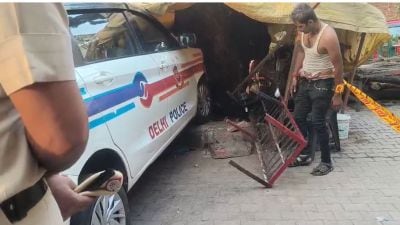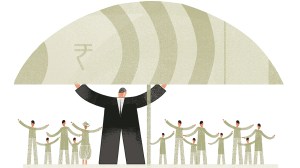Kerala unions warm up to Rs 7,445-cr SEZ
Predictably, Kerala Inc is jubilant over getting clearance for the second Special Economic Zone in the state. The SEZ will be set up over 44...

Predictably, Kerala Inc is jubilant over getting clearance for the second Special Economic Zone in the state. The SEZ will be set up over 448 hectares at Vallarpadam and Puthuvype in Kochi.
But more interestingly, the trade unions have reacted positively to the arrival of the second zone. Though the unions won’t enjoy all their existing rights in the zone, they are happy that it will have a labour officer exclusively for settling labour disputes.
This may be a pointer to the changing attitude of the workers in the state with a record of proliferation of trade unions.
The zone will bring investment to the tune of Rs 7,445 crore for various port-based projects, including LNG terminal, international bunkering terminal, cruise terminal and so on.
As of now, eight SEZs are working in the country and sanction has been given to set up 26 more in various parts in the private sector, joint venture sector or by state governments. There are 711 units in operation in the eight functional SEZs. Investments in these zones amount to Rs 1,865 crore. The SEZ units provide employment to about 86,765 persons, out of which 32,185 are women workers. The units have made exports worth Rs 14,003 crore in 2003-04.
Unlike in China — which has high-tech industrial development zones, free trade zones and export processing zones for promoting business — in India the tax and duty concessions for exports and imports are provided mainly in special economic zones.
Cochin Special Economic Zone Development Commissioner Paul Antony says there isn’t any free trade zone in the country and those present outside the country have different set of rules.
Considered to be a foreign territory within the country, the units in SEZs enjoy a number of exemptions with separate labour laws. The developers of SEZ may import or procure goods without payment of duty for the development, operation and maintenance of SEZ. They enjoy income tax exemption for a block of 10 years at the option of the developer.
The state governments have crucial roles in the establishment of SEZ. The representative of the state government, who is a member of the inter-ministerial committee on private SEZ, is consulted while considering the proposal. Before recommending any proposals to the Ministry of Commerce and Industry (Department of Commerce), the states must satisfy themselves that they can supply basic inputs like water and electricity.
Photos





- 01
- 02
- 03
- 04
- 05


























